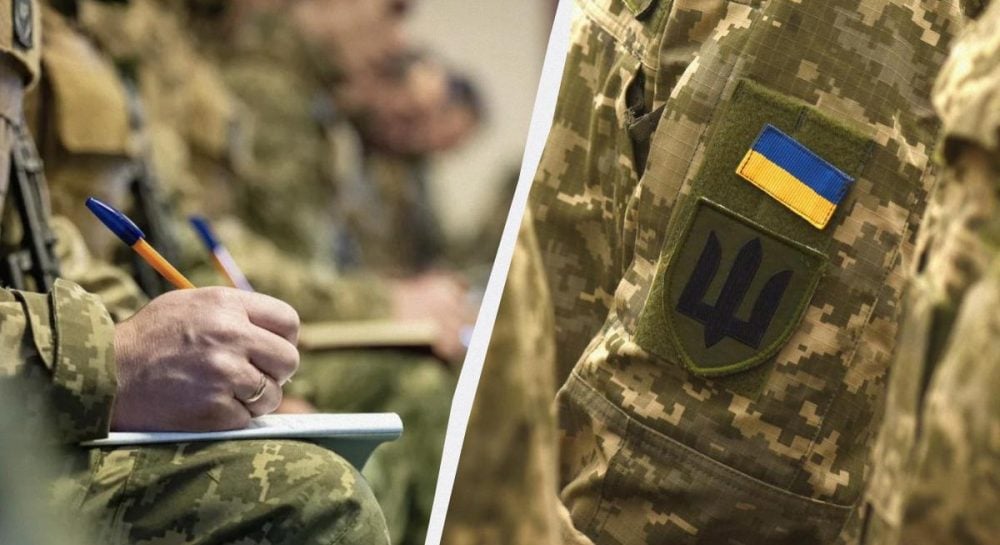Wars create a lot of misinformation. In Britain it would be immoral and illegal to create rumours of a bank run in order to try to trigger one. But if lots of Westerners on social media claim there is a bank run in Russia at the moment and that triggers one…? I’m pretty sure they’ll be forgiven at home.
So it’s hard to know how confident we should be of the claims Russians are genuinely panicking over their savings in response to Western countries excluding Russian banks and roubles from the international banking system and sequestering many of the reserves of the Russian central bank. But there does at least seem to be something in it, with Russian banks such as Sberbank banning certain types of withdrawals at present. Measures the Russian government is taking in response are also likely to have quite an impact — such as the requirement announced today forcing Russian companies to sell 80 per cent of their foreign currency earnings to buy roubles, partly to support the rouble itself but also so as to increase the Russian authorities’ access to foreign currency and to limit hoarding.
It was said that Putin didn’t care about Western sanctions: if Russians couldn’t buy products, for a while, from Europe or North America that would be an inconvenience. But Europe would probably going to keep buying his gas and oil, and even if they didn’t buy that for a while, Russia could probably get most of the key things it really needed from other countries such as China — at least for a few months.
I wonder, though, whether his advisors felt brave enough to brief him fully about the risk Western financial sanctions might trigger bank runs? He seems to have responded to them rather emotionally, by raising Russia’s nuclear alert level (then comically blaming the move on Liz Truss, with his spokesman referring to her as the British Foreign Secretary, but refusing to name her, as if she were some latterday Voldemort whose name cannot be said aloud without risking her wrath).
Presumably the Russians can, in principle, tough out a bank run by simply converting all liabilities into roubles and then printing unlimited quantities of roubles until the run stops, perhaps combined with a sharp rise in interest rates (Russian rates rose this moring to 20 per cent). But the implications of that for the Russian economy, already reeling after Covid, deeply exposed to the West ceasing to buy Russian gas or oil, and tottering after sanctions, could be very unpleasant.
It’s all very well invading one’s Ukrainian neighbours with scant regard for their lives, but if Russians at home feel the consequences not only in terms of reduced access to Western goods but also in terms of an inability to access their savings followed by high interest rates, high inflation and unemployment, Putin may struggle to control his own population’s sentiment and his oligarch bandit-brethren — and military supporters might start to wonder whether Russia-under-Putin is really the future they want.
Many Russians are only too aware of how bad things can get economically from its experience in the 1990s. The Russian default of 1998 triggered a huge US Federal Reserve bailout of the notorious arbitrage fund Long Term Capital Management, a seminal moment in subsequent bailout history. Russian inflation reached nearly 130 per cent. Russian GDP contracted over 5 per cent on top of the huge contractions it had been experiencing through the 1990s during the transition from communism to capitalism, and with the crash in the value of the rouble the Russian economy overall, in 1998, ended up smaller than Belgium’s.
It was off the back of these events that Putin became Prime Minister and then President in 1999. A key reason he has managed to retain power for so long is that the Russian economy has grown fairly consistently under his rule when it had shrunk consistently for most of the decade that preceded him.
If Western financial sanctions end that, his domestic position may rapidly become more difficult. What would happen then remains to be seen.





